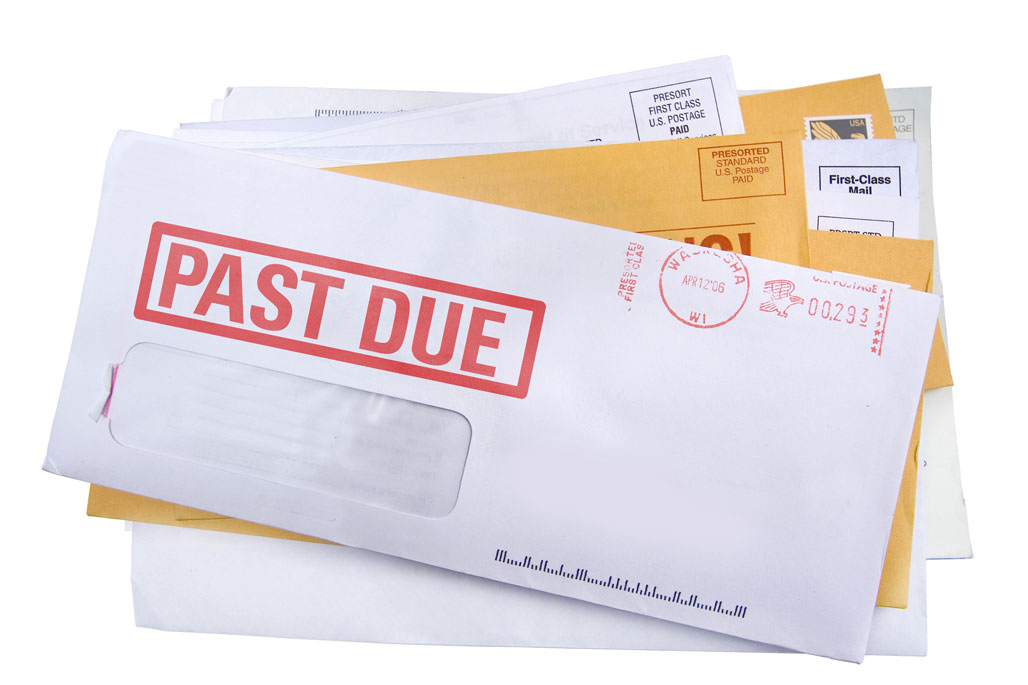
The Real Cost of Missing the April 30 Tax Deadline
We know, life gets hectic, and it can be easy to forget an appointment or deadline here and there, but, it’s best not to forget to file your taxes on time, especially considering that the Canada Revenue Agency (CRA) gives you a whole year to prepare.
Here is why it is important to file your taxes on time, and what happens if you miss the April 30th tax deadline.
Missed the Tax Deadline: But do not owe taxes
If you file after the April 30th Tax Deadline but you do not / will not, owe any taxes to the CRA, then there will not be any late filing penalties charged, or interest to pay on a balance owing (unless you already have a balance owing). The CRA will hold your refund until you actually file your return, and they will also hold off on any refunds or tax credits for other people, such as a spouse or common law partner, where the calculation of the refund is dependent on information from your return. Examples would be the Canada Child Benefit (CCB) or the GST/HST Credit.
Missed the Tax Deadline: Owe taxes
If you owe taxes to the CRA for the 2018 tax year and don’t file your tax return by the deadline, the CRA will charge you a late-filing penalty as well as compound daily interest on the penalty, which begins on May 1st, 2019.
If you have amounts owing from previous years, the CRA will continue to charge compound daily interest on those amounts. Payments you make are first applied to amounts owing from previous years beginning with penalties and interest.
Your penalties for filing late will be calculated like this:
- 5% of the balance owing as late filing penalty
- 1% of the balance owing as additional penalty for every full month you’re late (up to a maximum of 12 months)
- Interest charged on the above penalty
- Additional compound daily interest on the balance owing based on prescribed rates by the CRA
If you have become a chronic late-filer, and have been assessed a late filing penalty before, then the CRA has the option to double the late filing penalty for each late filing. The monthly penalty for each additional month that you are late also increases, beginning from 1% a month to 2% a month (up to a maximum of 20 months).
Self-Employed Deadlines
Self-employed individuals often have balances owing, since their income tax is not deducted at source like it is for salaried individuals, and that balance must be paid to the CRA by April 30th, even though their deadline to file is June 17th, 2019.
Don’t get stuck with late filing penalties and interest charges this year. Get your taxes done before midnight on April 30th, 2019.
Need Help with Filing your Taxes?
No worries. RGB Accounting, your Mobile Accounting & Tax Solution, has the expertise YOU need to deal with your Personal or Business Tax situation and it’s OPEN all year round to provide YOU with Peace-of-Mind in all Tax related issues.
It’s YOUR choice. Call us at 416-932-1915 or email us at [email protected] and get your tax situation solved by out TAX specialists ASAP.
Source: Intuit Canada.
Newsletters
Newsletter – March 2019
NewslettersEvents & SponsorshipArticles & Publications
Newsletter – February 2019
NewslettersEvents & SponsorshipArticles & Publications
Newsletter December 2018
NewslettersEvents & SponsorshipArticles & Publications
Newsletter November 2018
NewslettersEvents & SponsorshipArticles & Publications
e-Newsletter – August 2018
NewslettersEvents & SponsorshipArticles & Publications
Events & Sponsorship
No Results Found
The page you requested could not be found. Try refining your search, or use the navigation above to locate the post.
Articles & Publications
RRSP/RRIF and non-registered investments
Drawing from your RRSP/RRIF and non-registered investments. It often helps to think in terms of family wealth and tax efficiency. One of the most asked questions the newly retired or those about to retire have is: "When should I start drawing from my registered...
Strategies to consider when buying a second property
Strategies to consider when buying a second property. There are three common types of second properties people are looking at when they wish to buy a second property: cottages, income properties and U.S. real estate. COTTAGE PROPERTIES If you've been looking to buy a...
Incorporating your Business in Canada
Tax Advantages of Incorporating your Business in Canada Incorporating your business may lead to lower taxes depending on your particular situation and the province in which you operate. Incorporating can save you money once the business generates more income than you...
How much is child benefit in Canada per month?
How much is child benefit in Canada per month? For each child: under six years of age: $6,833 per year ($569.41 per month) 6 to 17 years of age: $5,765 per year ($480.41 per month). Will child benefit increase in 2021? On July 20, the Minister of Families, Children...
Is Cryptocurrency Taxable in Canada?
Is cryptocurrency taxable in Canada? According to CRA, possessing or holding a cryptocurrency is not taxable. However, selling, making a gift, trading or exchanging a cryptocurrency, including disposing of one to get another, or converting cryptocurrency to a...